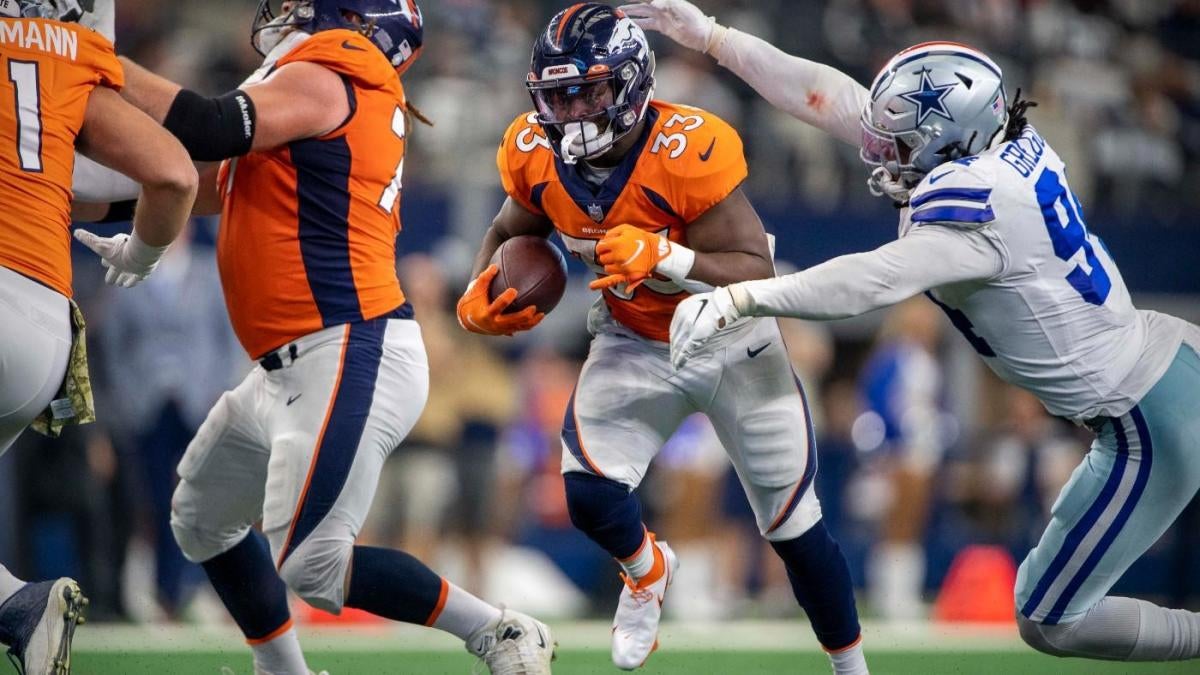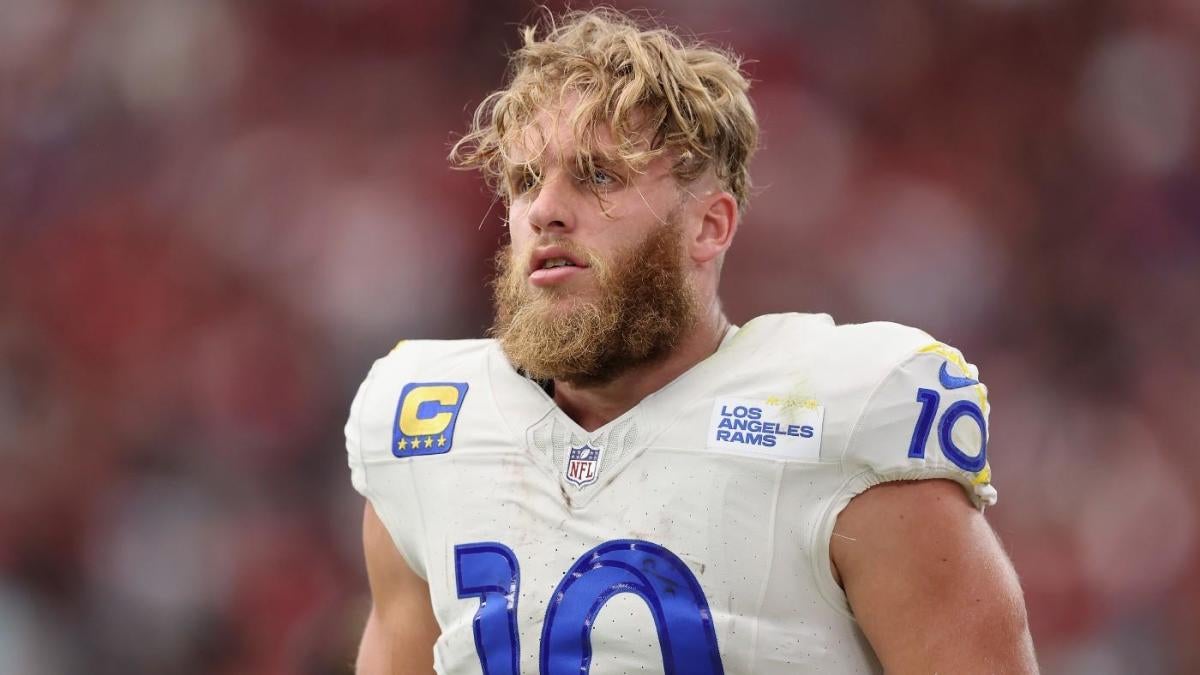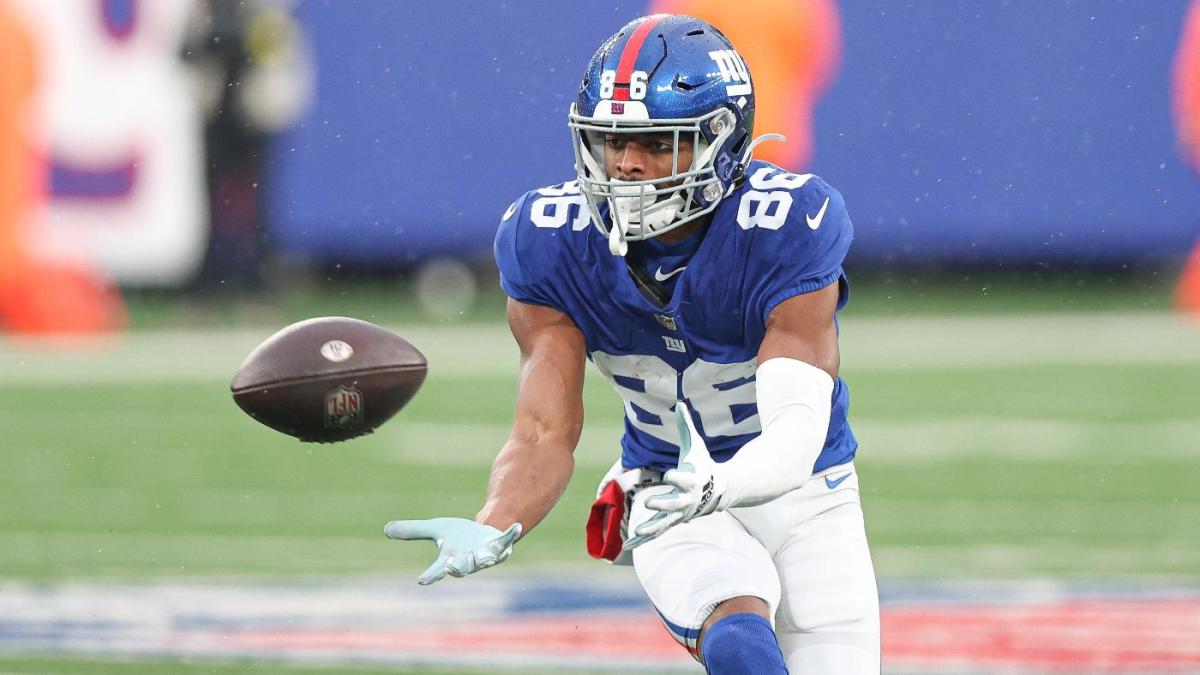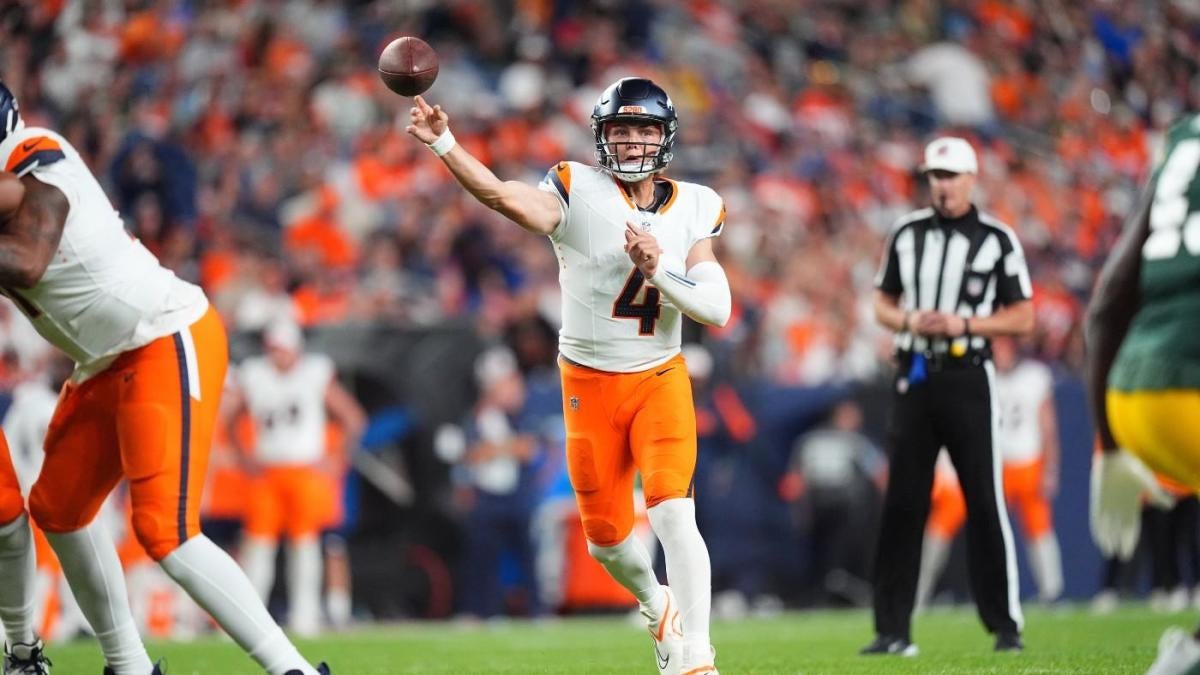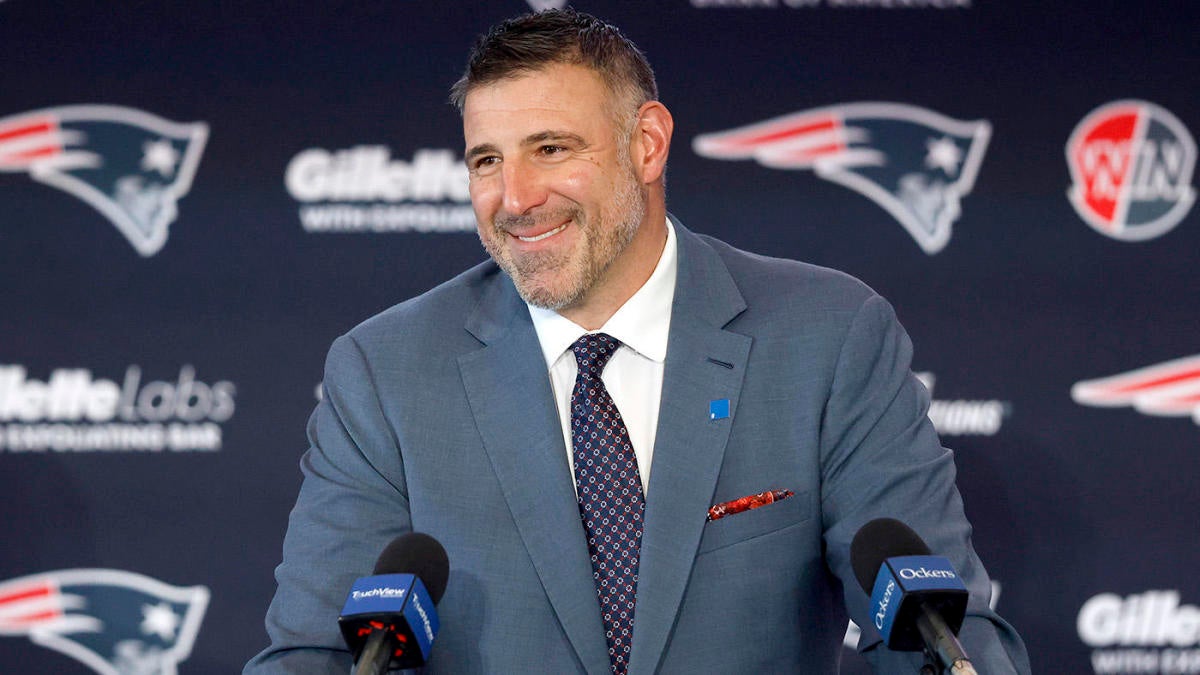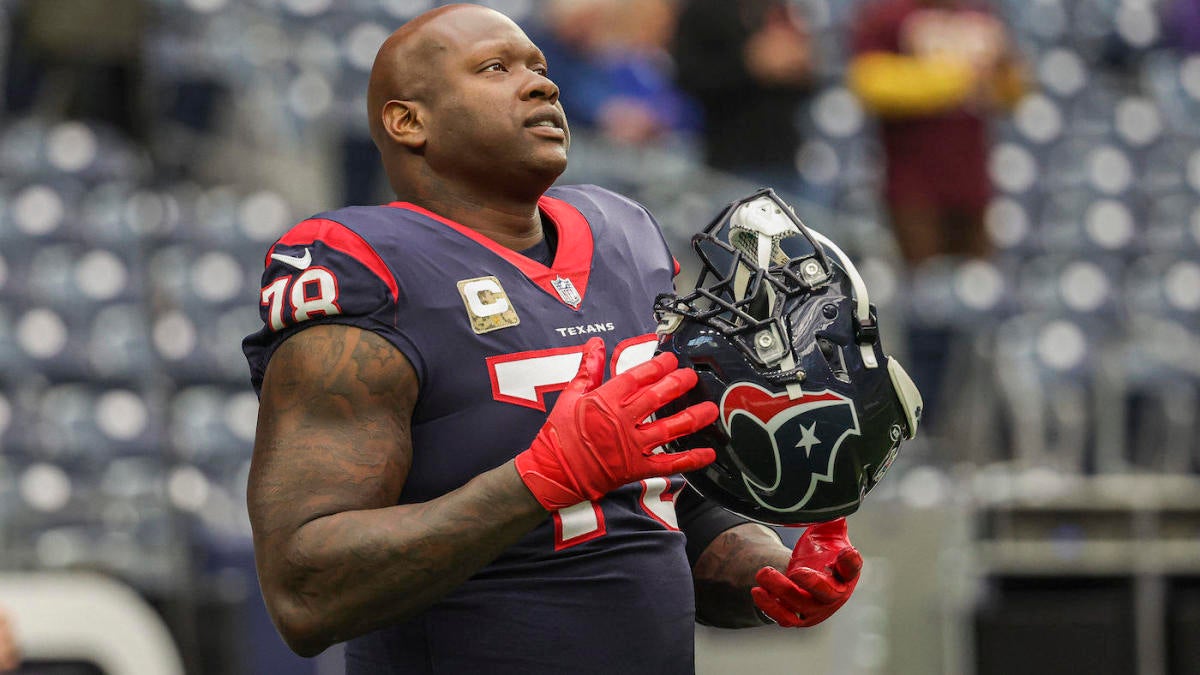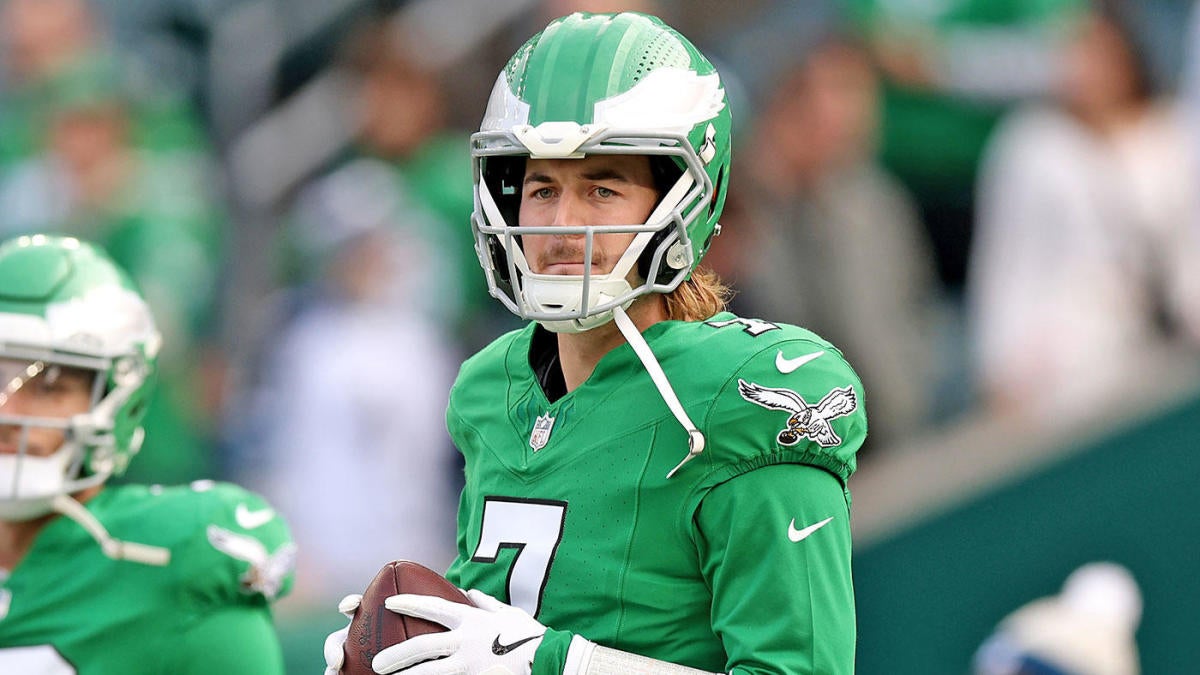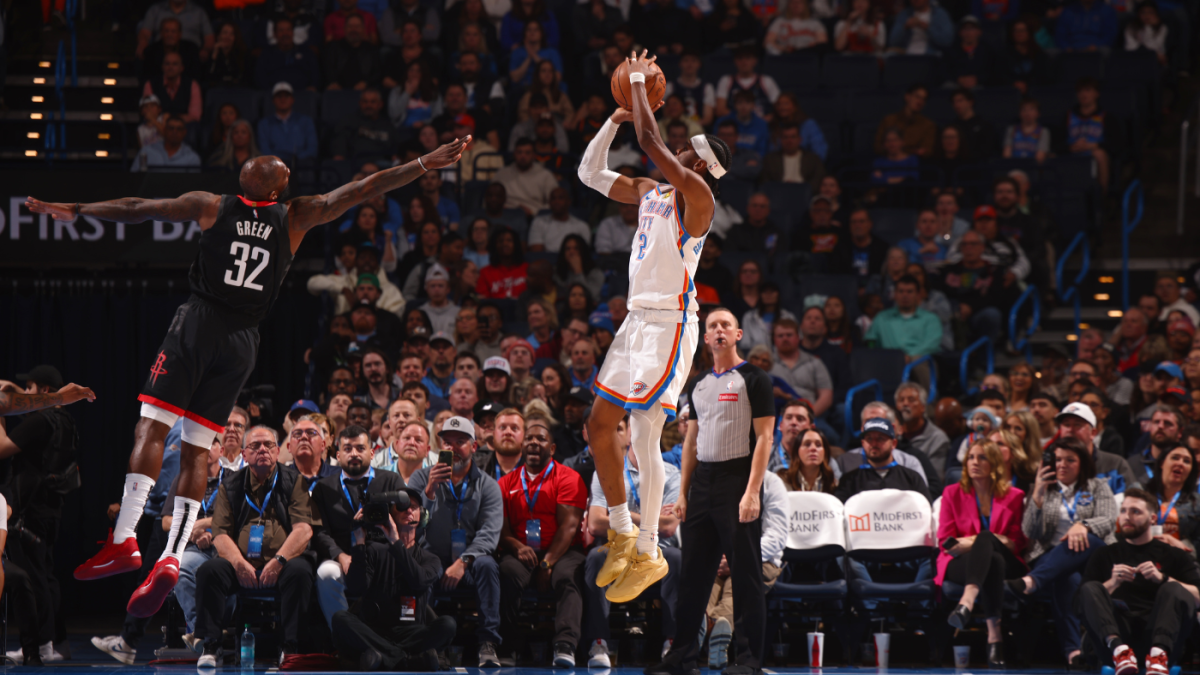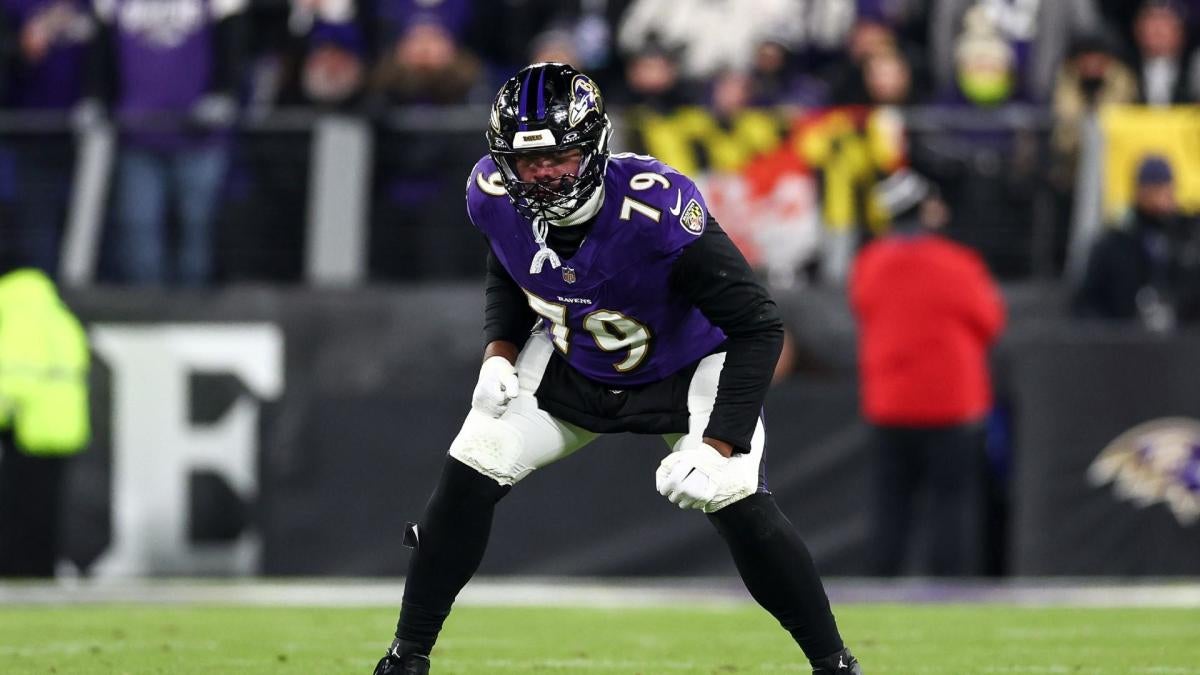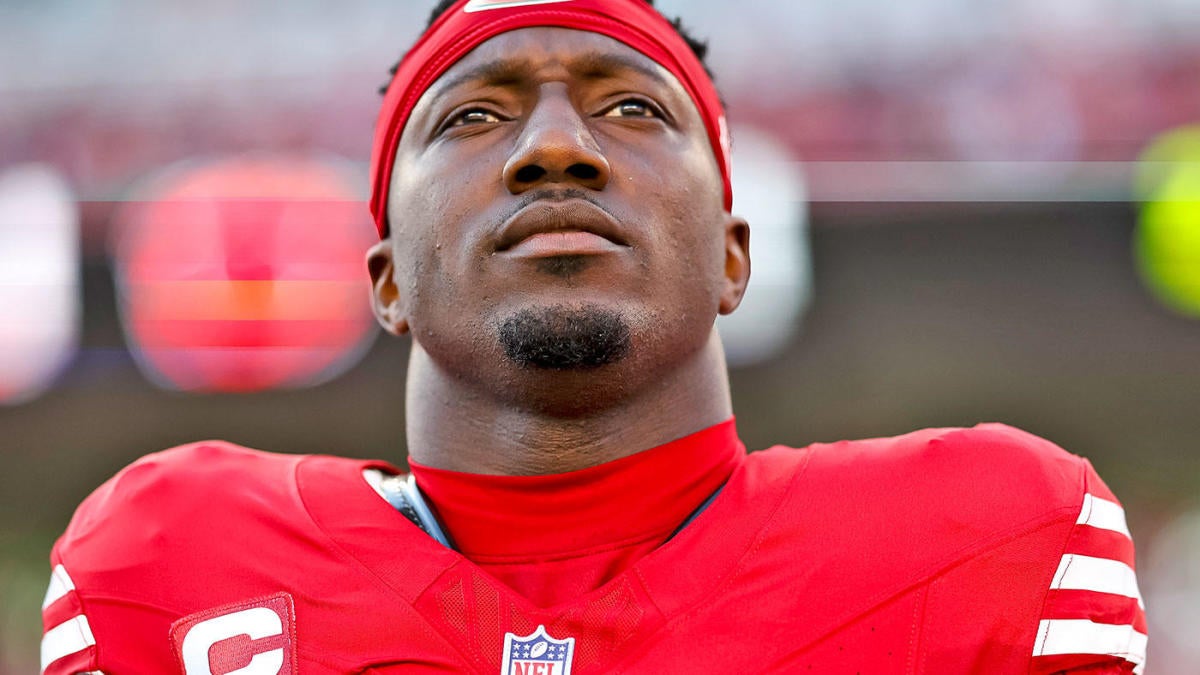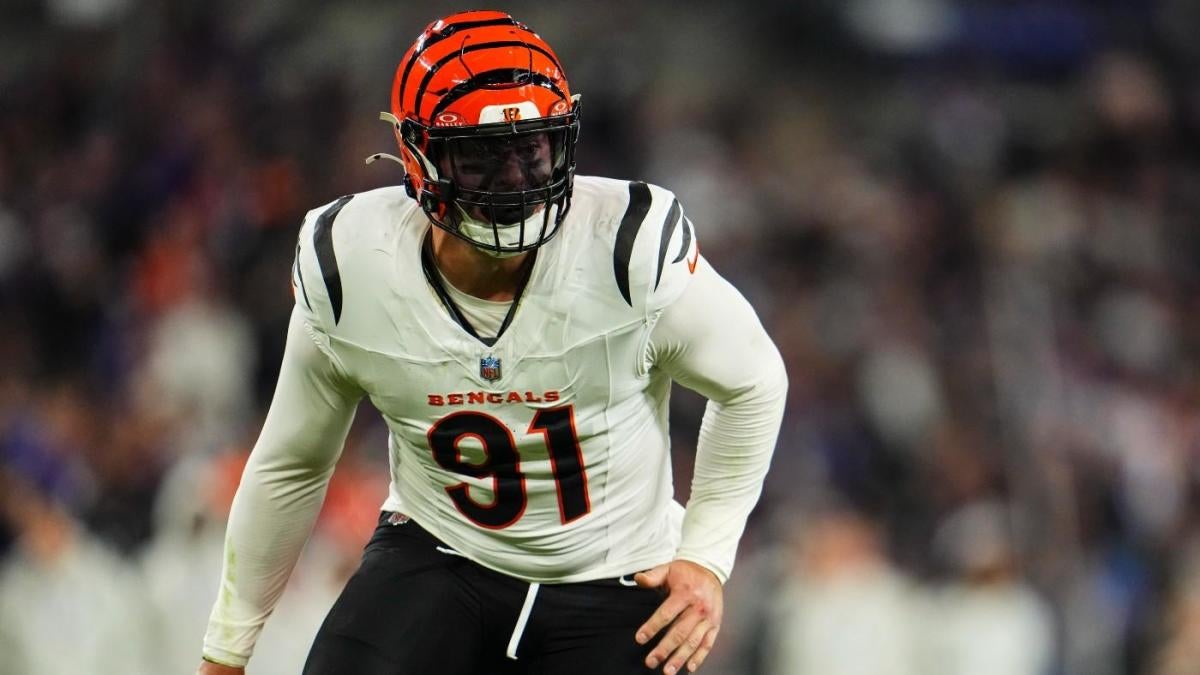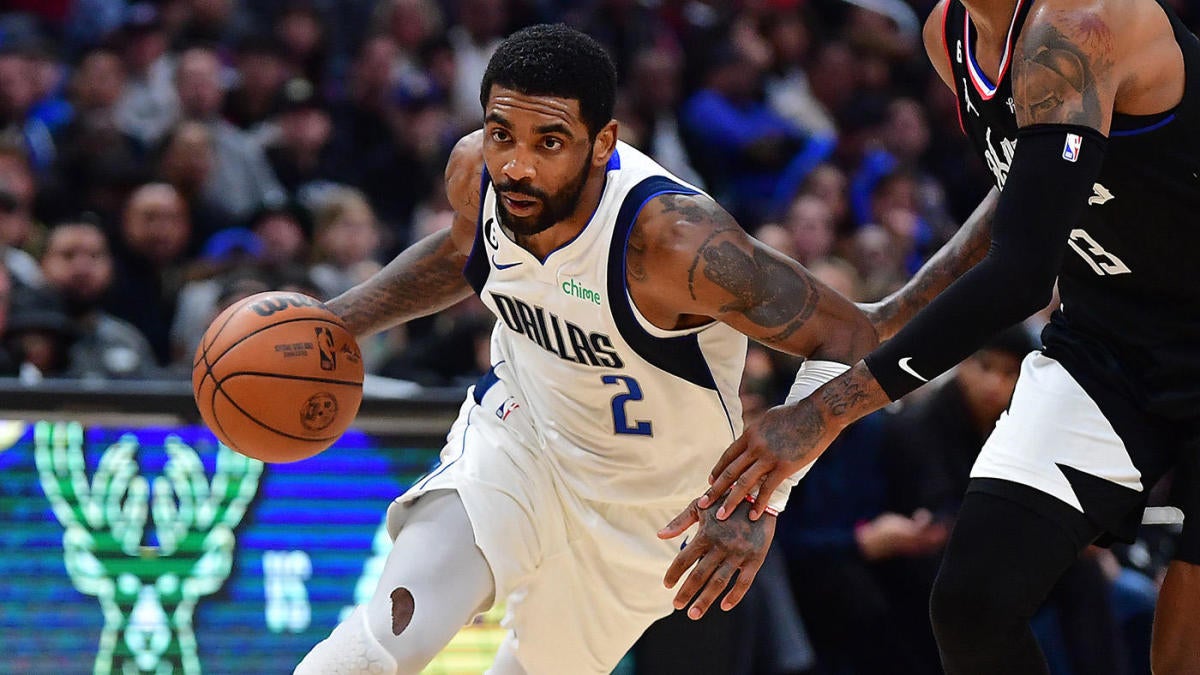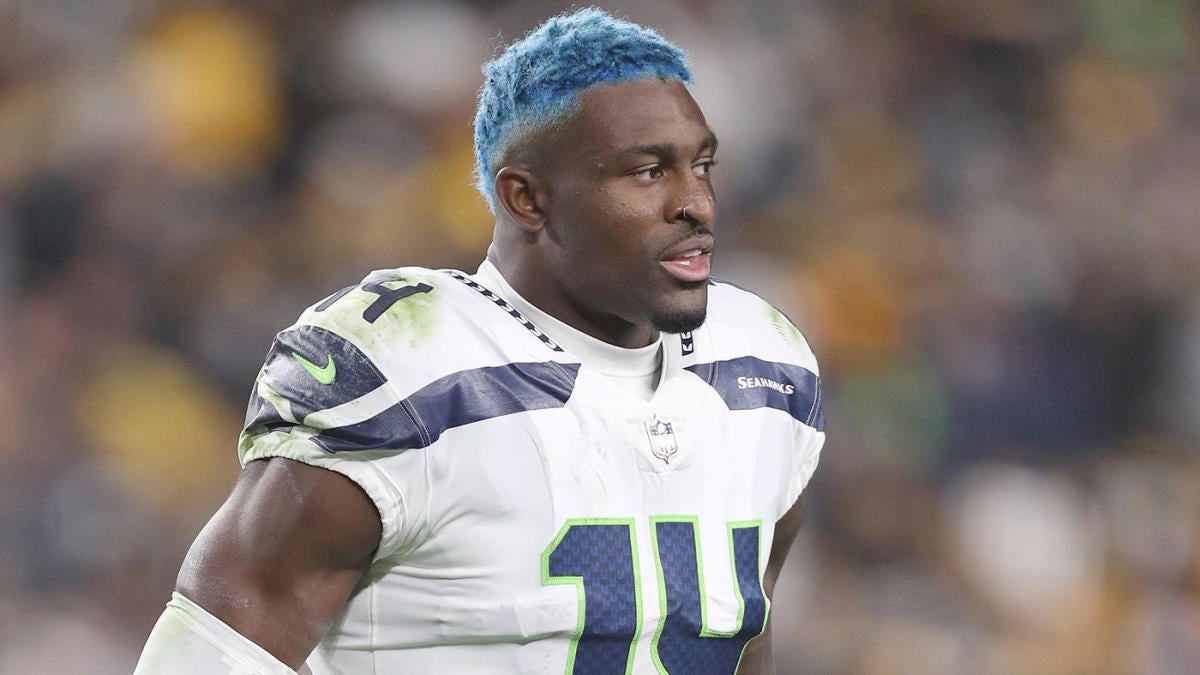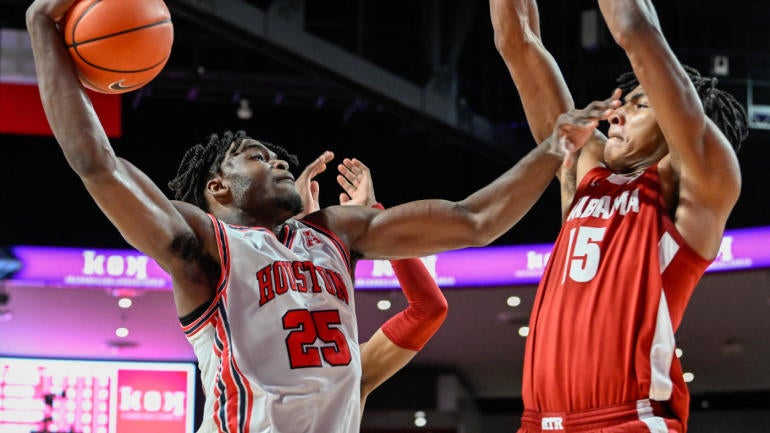
When Kansas added three-time all-Pac-12 performer Remy Martin from Arizona State after the 2020-21 season, the Jayhawks made an addition that ultimately wound up helping them win the national title. Though Martin’s one-year tenure with Kansas featured its share of highs and lows, he played an “X-factor” role for the team when it mattered most as KU won the Big 12 Tournament and kept it rolling through the NCAA Tournament.
Over one 12-game stretch spanning much of conference play, Martin averaged just 3.7 points on 37.3% shooting as he and coach Bill Self seemed to struggle with getting on the same page over what the 6-foot guard’s role would be on a talented roster. But over the final two games of the conference tournament and six games in the Big Dance, Martin came alive, averaging 13.3 points per contest and becoming an integral piece alongside stars Ochai Agbaji and Christian Braun.
Having such complimentary players is vital for any team with aspirations of sticking around during March Madness. While star power is central to every team that made it this far, having reliable help surrounding your best players is essential to sustaining a postseason run.
So who are the X-factor players for this season’s national title contenders? Let’s take a look. Thirty-one of the last 33 champions have been top-three seeds, so we’ll start there.
No. 1 seeds
Alabama: Noah Clowney
Brandon Miller is the well-known lanky freshman forward and future first-round NBA Draft pick on Alabama’s team. But he’s not the only player on that roster who fits the description. Fellow freshman Clowney has been better than advertised after ranking No. 99 in the 247Sports recruiting rankings for the 2022 recruiting class. He starts at power forward for Alabama and is second on the team in rebounding and blocks and third in points per game. Defensively, he’s versatile enough to guard anyone, and he can step out to shoot 3-pointers as well. Taking away Miller is a chore for opposing defenses. Throw in Clowney, and matching up with the Crimson Tide is just a nightmare.
Houston: Jarace Walker
It’s well-documented that having a future first round NBA Draft pick on your roster is one of the key ingredients for championship teams. The player who checks that box for Houston is Walker, a 6-foot-8 power forward. The five-star freshman was the AAC’s Freshman of the Year and is second on the team in scoring and rebounding. Walker has scored 15 or more points on nine occasions, and Houston won each of those games. It’s also encouraging that some of his best performances have come away from home.
Kansas: Dajuan Harris
Kansas is 21-1 when Harris reaches six points. At his core, the 6-1 guard is a pass-first player as he averages 6.1 assists per game. But the Jayhawks need him to be an offensive threat in order to keep opposing defenses from sagging off to shut down Jalen Wilson and Gradey Dick. Harris averages just two attempts from 3-point range per game, but he’s making 41.2% of them, and his scoring threat helps make the KU offense a dynamic machine.
Purdue: Braden Smith
Everything Purdue does revolves around 7-4 center Zach Edey. That’s why it’s so important that the Boilermakers’ complimentary pieces are shooting the basketball well. If opponents must worry about offense from other sources, it keeps them from focusing entirely on taking Edey away. Smith is the team’s third-leading scorer at 9.8 points per game and owns the best 3-point shooting percentage on the roster at 38.9%. Purdue is 9-0 when he makes two or more 3-pointers.
No. 2 seeds
UCLA: Amari Bailey
With UCLA wing Jaylen Clark out due to an Achilles injury, the Bruins need Bailey’s best during the NCAA Tournament. The five-star freshman is the team’s third-leading scorer, and he will also need to be locked in defensively to help make up for the loss of Clark, who is one of the four finalists for Naismith Defensive Player of the Year. Bailey is a bit erratic offensively but has scored 19 or more points five times this season and can take the pressure off Tyger Campbell and Jaime Jaquez when he’s playing well.
Texas: Tyrese Hunter
Sometimes, less is more with Hunter. The sophomore point guard made headlines with his intra-conference move from Iowa State to Texas after winning Big 12 Rookie of the Year last season. But with a team-low 38.6% shooting percentage from the floor, the Longhorns don’t need any hero-ball from Hunter. In fact, Texas is 8-0 when he scores five points or less. If Hunter can stay under control, play pugnacious perimeter defense on the opposing team’s point guard and hit an occasional 3-pointer, he will be providing Texas exactly what it needs.
Arizona: Courtney Ramey
Ramey is college basketball’s definition of a “3-and-D” player as he leads Arizona in made 3-pointers and shoots a team-best 40.9% from beyond the arc. He’s just Arizona’s third-leading scorer, but he also rates as the Wildcats’ best perimeter defender, according to EvanMiya.com. The former four-year Texas guard is in his fifth season of college basketball and has the experience and skill to be a steady hand for a sometimes-erratic Arizona squad. X-factors are the types of players who can hit clutch shots like this one Ramey made the Pac-12 Tournament title game even after an otherwise poor game.
Marquette: David Joplin
Joplin is Marquette’s sixth man and alternates between offering quiet minutes and loud contributions. In the Big East Tournament, he proved the latter with 17 points on 5 of 7 shooting in a 70-68 win over UConn. If the Golden Eagles are going to make a deep run, there will be a moment when Joplin emerges as a key figure to compliment the scoring nucleus of Kam Jones, Tyler Kopek and Olivier-Maxence Prosper.
No. 3 seeds
Baylor: Jalen Bridges
The guards are what make Baylor go, but Bridges is the type of dynamic player at 6-foot-7 who will be needed to propel the Bears deep into the tournament. He is coming off a career-high 28 points in Baylor’s loss to Iowa State during the Big 12 Tournament, which is an encouraging sign. If he can stay hot and play the type of defense that his frame suggests he should be capable of, he could be essential in helping Baylor reach its immense potential.
Gonzaga: Rasir Bolton
Drew Timme and Julian Strawther are the leading scorers and best players for Gonzaga, but Watson is the team’s most-improved player. Stepping into a full-time starting role for the first time this season, the 6-8 senior is shooting 61.4% from the floor and rating as the Zags’ best defender. He produced 17 points, eight rebounds, three assists, four steals and a block in a win over Saint Mary’s to close the regular season. That victory clinched a share of the WCC title for the Zags, and it’s that type of box score-stuffing that Gonzaga will need from Watson in order to reach the Final Four.
Kansas State: Desi Sills
Kansas State had lost of four of its past five games during the second half of the Big 12 gauntlet. Then, first-year coach Jerome Tang inserted Sills into the starting lineup for the first time this season. The Wildcats promptly rattled off four straight victories to close the regular season. With so much focus on star guards Markquis Nowell and Keyontae Johnson, it’s important the Wildcats are getting help from elsewhere. He’s just 6-1, which makes playing him with the 5-8 Nowell a defensive problem in some matchups. But there are moments and games in this tournament during which Sills will be needed to play an X-factor role.
Xavier: Adam Kunkel
Xavier ranks third nationally in 3-point shooting percentage at 39.5%, and Kunkel is a key part of the equation. When he scores 15 or more, the Musketeers are 6-0, and he hit at least two 3-pointers in each of those games. With key forward Zach Freemantle out for the season, it’s critical that Xavier continue to receive substantive contributions from outside of the trio of Souley Boum, Colby Jones and Jack Nunge. As a 39.6% 3-point shooter on 4.5 attempts per game, Kunkel is a critical role player for Xavier.
